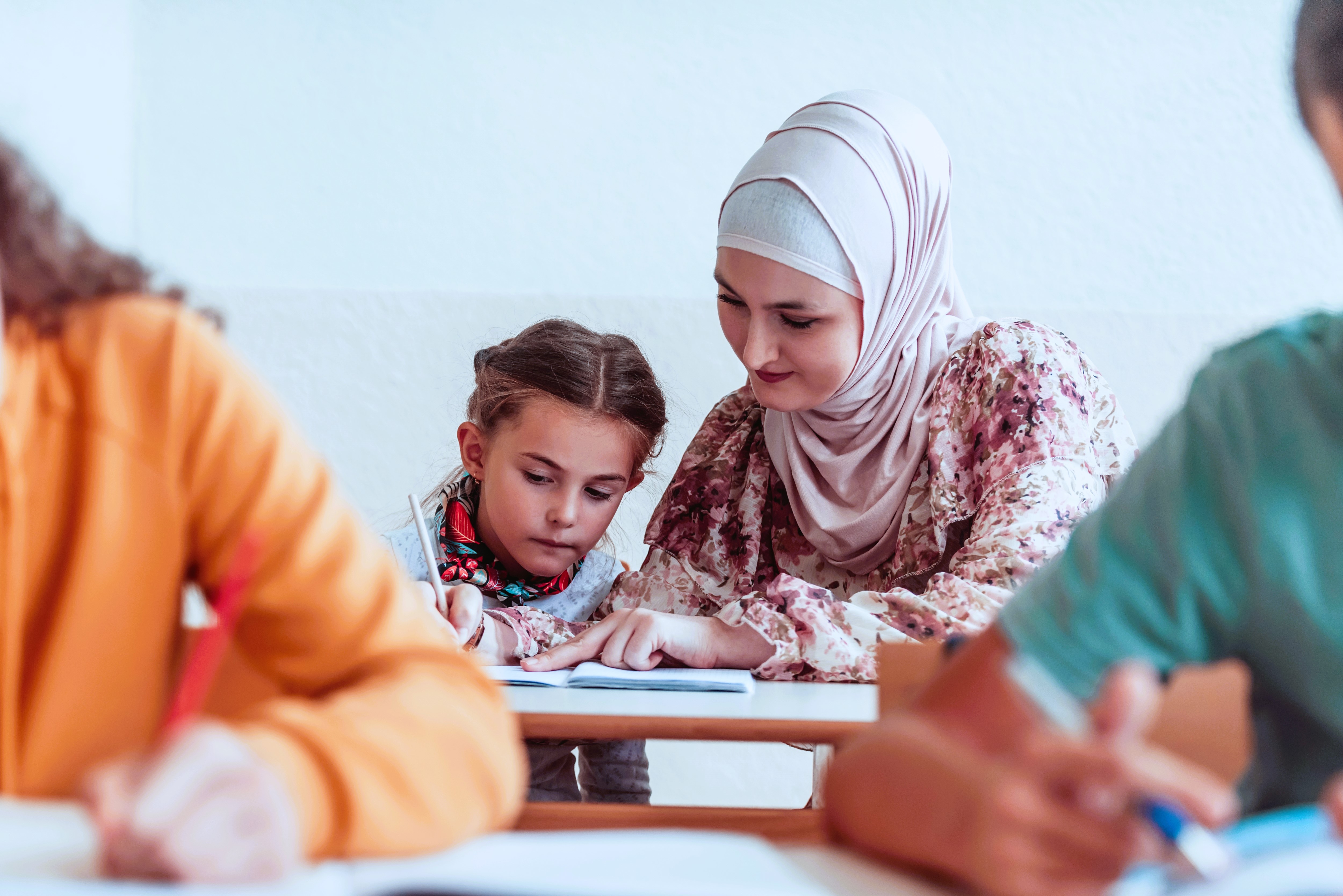Society needs committed and creative teachers with an interest in learners. Nord University offers teacher education for the primary school (grades 1-7) and lower secondary school (grades 5-10) in order to give future teachers an excellent starting point for one of the most important professions in the world. Teachers are essential and highly skilled people who will prepare students to face a society in constant change, development and sometimes upheaval. Fortunately, a teacher has varied work tasks where no two days are the same. Norway requires all new teachers to gain a master’s degree, in order to raise the overall prestige and level of teacher professionalism and to address the increasing complexity of the twenty-first century.
In the five-year master programme (MAGLU), general pedagogy and early childhood development are compulsory subjects. In addition, teacher students of grades 1-7 qualify in Norwegian, mathematics and two electives, and teacher students of grades 5-10 qualify in Norwegian, mathematics, and one elective. English is a popular elective, especially as English is an obligatory school subject in Norway beginning from first grade. The degree programme is firmly rooted in the Norwegian National Core Curriculum, which outlines values and principles for primary and secondary education, as well as emphasizing research-led teaching, in-depth learning and critical thinking. Teaching practice is central, and all student teachers will complete an extensive practice period supervised by experienced teachers.



Students who choose English as one of their teaching subjects can expect to encounter the many rewards of English language and literature teaching in today’s challenging classroom, led by an experienced team of educators and researchers. The specialization is guided by the aims of Norway’s English Subject Curriculum. Whether preparing for teaching in grades 1-7 or 5-10, student teachers learn how to create optimal conditions for interactive and enjoyable life-long learning. The English specialization encourages exposure to and engagement with the rich history and current trends of the English language, with a focus on how age-appropriate texts and teaching methodologies not only shape a learner’s skills and fluency but also enable them to consider the vital role English plays in democracy, media literacy, and global issues in the global community.
The Levanger campus offers full-time, weekly campus-based classes. Please see the Levanger study plans here (choose “English” as an elective option where applicable):
The Bodø campus offers full-time, session-based classes. Please see the Bodø study plans here (choose “English” as an elective option where applicable):
The Nesna campus offers full-time, session-based classes that combine the 1-7 and 5-10 specializations. Please see the Nesna study plan here (choose “English” as an elective option):
English teachers are, by definition, interested in the larger world and in learning more about other peoples and their cultural identities, and thereby learning more about themselves (intercultural learning). In cooperation with the Norwegian Study Centre, MAGLU students have the chance for a week-long study trip to England, where they will learn about diverse themes in education from experienced UK lecturers, both inside and outside of the classroom, and frequently including school visits. We also encourage all qualified third-year MAGLU students to consider a semester or year-long exchange; many of these include options for teaching practice. Our international exchange partners include Augustana University (USA), the University of York (UK), Seinan Gakuin University (Japan), Augsburg University (USA), Bishop’s University (Canada), the University of Auckland (New Zealand) as well as various Erasmus+ and consortium agreements, including those partner institutions within the SEA-EU alliance.
For a complete overview of opportunities, students can consult the Nord University Exchange website.
I took an exchange semester in The Netherlands, in the city of Zwolle. Here I attended a program called “Children and Media” at Windesheim University. Staying abroad for several months was a unique maturation process for me and I have never felt quite the same again. Your eyes are really opened to the world and you start seeing just how vast it is. For an English teacher it simply feels right and reinforcing to have this “global” mindset.


